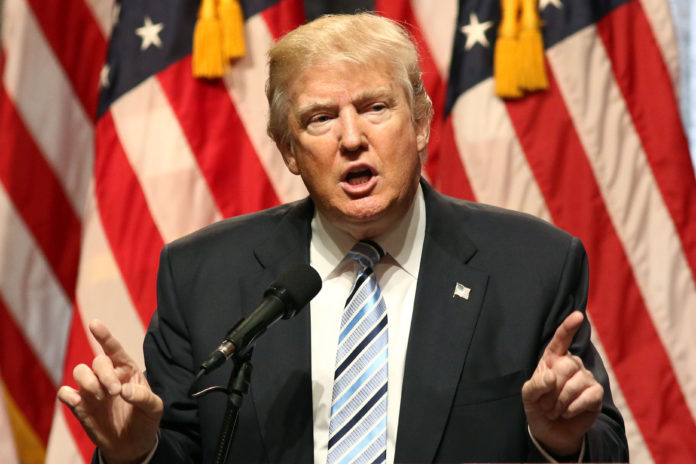When the first Trump Administration came into office in 2017, it reimposed the so-called “Mexico City Policy” or “global gag rule” that restricts the use of federal money for abortion-related services and advocacy. The Trump Administration’s version of the policy—called the Protecting Life in Global Health Assistance policy (the “Trump Policy”)—was broader in scope and effect than earlier versions of the policy imposed by previous Republican administrations.
In the second Trump Administration, that policy is likely to change significantly because of the evolution of the Republican Party and the changed legal landscape after Dobbs v. Jackson Women’s Health Organization, 597 U.S. 215 (2022). These changes will likely require many nongovernmental organizations that implement assistance programs with federal funds to make significant changes in their structure and practices.
A White Paper prepared by the law firm Nichols Liu anticipates the changes that the second Trump Administration may implement to further restrict abortion services in foreign assistance programs. It first explains the history of the legislative and executive restrictions on funding for abortions in foreign countries. This history demonstrates the limits that Republican administrations have abided by in imposing abortion restrictions and why those limits may no longer apply. The White Paper then lays out the potential changes that the second Trump Administration will make in thenext iteration of the Mexico City Policy, including:
- Extending the Mexico City Policy to all contracts.
- Eliminating the caveat that NGOs receiving federal funds cannot perform abortions “as a method of family planning.”
- Extending the restrictions beyond global health assistance to other forms of assistance.
- Tightening the restrictions on NGOs’ ability to support other NGOs in abortion-related activities using their own funds.
- Extending the policy not just to non-governmental organizations, but also to public international organizations and parastatals.
- Eliminating the provision that allows for U.S. funds to pay for postabortion care.
The goal of the White Paper is to provide guidance for nongovernmental organizations using federal funds in anticipating these changes.
Read the details of the White Paper below.





